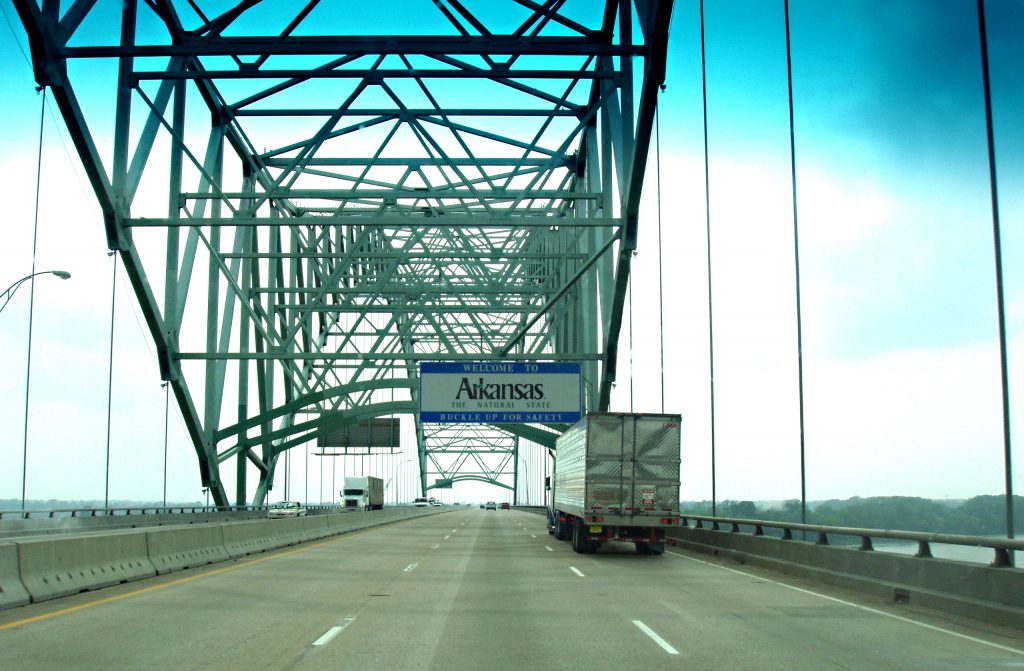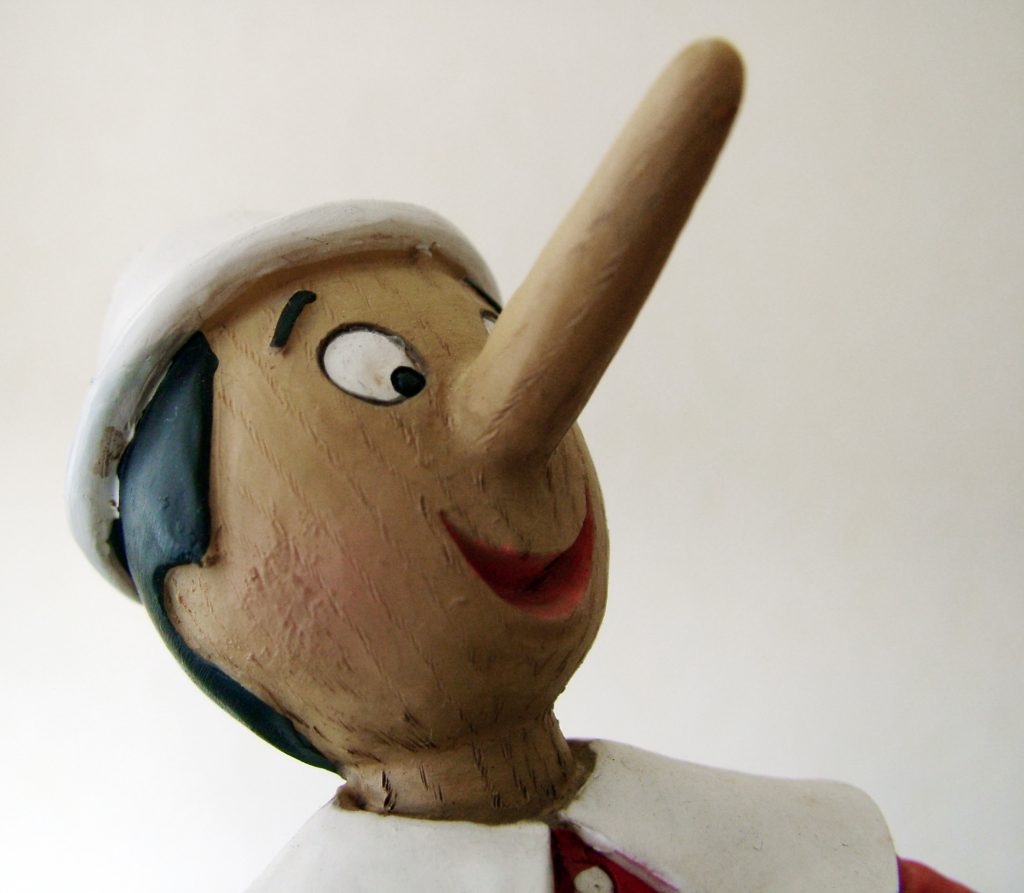 Leasing agreements often are complex and lengthy, especially in a commercial context. A common provision contained in most leasing agreements is an indemnity provision. An indemnity provision is a section in a leasing agreement that requires the leasee (the person who leases the property) to take responsibility for certain lawsuits involving the leased property. A recent decision from the Second Circuit Court of Appeal for Louisiana illustrates the power of an indemnity provision.
Leasing agreements often are complex and lengthy, especially in a commercial context. A common provision contained in most leasing agreements is an indemnity provision. An indemnity provision is a section in a leasing agreement that requires the leasee (the person who leases the property) to take responsibility for certain lawsuits involving the leased property. A recent decision from the Second Circuit Court of Appeal for Louisiana illustrates the power of an indemnity provision.
The case revolves around a leased commercial building located in Bastrop, Louisiana. The building’s owner, Hollis Charles Larche, entered into a leasing agreement with Paul Eikert. Mr. Eikert obtained the lease in order to open up a grocery store. Contained in the lease is a provision that stated that Mr. Larche would be held harmless for any damages or injuries caused by defects on the building’s premises.
A couple of years after entering into the lease agreement, an employee of Mr. Eikert’s grocery store, Deborah Beebe, was injured while on the job. Ms. Beebe sustained her injuries after she slipped on water that came from a leak in the building’s ceiling. Ms. Beebe filed a lawsuit against Mr. Larche claiming that Mr. Larche knew of the leaking ceiling and failed to take appropriate measures to fix the leak. Mr. Larche, citing the indemnity provision contained in the leasing agreement, argued that Mr. Eikert is responsible for any damages resulting from Ms. Beebe’s injury. Mr. Eikert never responded to Mr. Larche’s claim that the indemnity provision allocated responsibility of Ms. Beebe’s injuries to Mr. Eikert. The trial court agreed, granting a default judgment on the issue for Mr. Larche. A default judgment is a judgment that a court can grant if one side in a legal matter fails to take steps to resolve the legal controversy. The default judgment is granted to the side who did take steps to resolve the legal controversy, in this case, Mr. Larche.
 Louisiana Personal Injury Lawyer Blog
Louisiana Personal Injury Lawyer Blog


 Workers’ compensation provides an avenue for workers injured on the job to receive the compensation a worker deserves. But what happens when a resident of one state is injured while working for a company in another state? A recent case out of the Second Circuit Court of Appeal for Louisiana addressed this issue when a Monroe, Louisiana worker, working for an Arkansas company, was injured in Mississippi.
Workers’ compensation provides an avenue for workers injured on the job to receive the compensation a worker deserves. But what happens when a resident of one state is injured while working for a company in another state? A recent case out of the Second Circuit Court of Appeal for Louisiana addressed this issue when a Monroe, Louisiana worker, working for an Arkansas company, was injured in Mississippi. We all make mistakes, and, if lucky, are presented with the opportunity to fix them. The same principle can be said for an error in a money damage determination. When a party to a lawsuit believes that the jury or trial court erred in its damage award decision, the party has the ability to appeal. A recent court case out of the Second Circuit Court of Appeal for Louisiana discusses the requirements that are needed to overturn a money damage determination.
We all make mistakes, and, if lucky, are presented with the opportunity to fix them. The same principle can be said for an error in a money damage determination. When a party to a lawsuit believes that the jury or trial court erred in its damage award decision, the party has the ability to appeal. A recent court case out of the Second Circuit Court of Appeal for Louisiana discusses the requirements that are needed to overturn a money damage determination. Buying a home is a complex and stressful process. Not only must a homebuyer make sure he or she has the required funds to purchase the home, but must also thoroughly check that the home is in good condition. Generally, determining the condition of a home is relatively easy. Under the law, a home-seller is obligated to disclose certain defects. Failure to do so can result in a lawsuit. A recent case from the United States Fifth Circuit Court of Appeals illustrates the legal repercussions that can befall a home-seller when he or she withholds certain deficiencies in the condition of the home.
Buying a home is a complex and stressful process. Not only must a homebuyer make sure he or she has the required funds to purchase the home, but must also thoroughly check that the home is in good condition. Generally, determining the condition of a home is relatively easy. Under the law, a home-seller is obligated to disclose certain defects. Failure to do so can result in a lawsuit. A recent case from the United States Fifth Circuit Court of Appeals illustrates the legal repercussions that can befall a home-seller when he or she withholds certain deficiencies in the condition of the home. The fate of a claim brought under the Longshore and Harbor Workers’ Compensation Act (“LHWCA”) is often determined based upon the weight the Administrative Law Judge (“ALJ”) gives certain evidence. But how should the ALJ weigh conflicting evidence from different sources? This question was recently addressed by the United States Fifth Circuit Court of Appeals in Petron Industries Inc. v. Courville.
The fate of a claim brought under the Longshore and Harbor Workers’ Compensation Act (“LHWCA”) is often determined based upon the weight the Administrative Law Judge (“ALJ”) gives certain evidence. But how should the ALJ weigh conflicting evidence from different sources? This question was recently addressed by the United States Fifth Circuit Court of Appeals in Petron Industries Inc. v. Courville. When bringing a personal injury lawsuit a plaintiff must prove that the defendant in the lawsuit caused the injury. Often, when an injury involves two parties, the question of who caused the injury has a relatively straightforward answer. However, problems arise when the circumstances surrounding the injury involve multiple parties. A recent case out of the Louisiana First Circuit Court of Appeal illustrates the complexity of proving who caused an injury when multiple parties are involved.
When bringing a personal injury lawsuit a plaintiff must prove that the defendant in the lawsuit caused the injury. Often, when an injury involves two parties, the question of who caused the injury has a relatively straightforward answer. However, problems arise when the circumstances surrounding the injury involve multiple parties. A recent case out of the Louisiana First Circuit Court of Appeal illustrates the complexity of proving who caused an injury when multiple parties are involved. What happens to Workers’ Compensation Benefits once a claimant is awarded benefits and employment is terminated after the fact? Is the employee still entitled to the awarded benefits? In general, an employee must be injured within the course of employment to qualify for benefits. Supplemental Earnings Benefits (“SEBs”) are paid when the injured worker has reached maximum medical improvement but is not capable of earning 90% of pre-accident wages. This case explains what happens when an employee is fired after being awarded SEBs.
What happens to Workers’ Compensation Benefits once a claimant is awarded benefits and employment is terminated after the fact? Is the employee still entitled to the awarded benefits? In general, an employee must be injured within the course of employment to qualify for benefits. Supplemental Earnings Benefits (“SEBs”) are paid when the injured worker has reached maximum medical improvement but is not capable of earning 90% of pre-accident wages. This case explains what happens when an employee is fired after being awarded SEBs.  What happens if an insurer fails to pay a claim on time to the insured? In Louisiana, an insurer could be subject to a penalty for failing to pay. This case out of Ascension Parish demonstrates how an insurer can be guilty of bad faith when their actions are arbitrary, capricious or without probable cause.
What happens if an insurer fails to pay a claim on time to the insured? In Louisiana, an insurer could be subject to a penalty for failing to pay. This case out of Ascension Parish demonstrates how an insurer can be guilty of bad faith when their actions are arbitrary, capricious or without probable cause.  Direct employment is the traditional and most common employer-employee relationship. But what happens when a statutory employee is injured on a work site? A
Direct employment is the traditional and most common employer-employee relationship. But what happens when a statutory employee is injured on a work site? A  What happens when a person injures another person?
What happens when a person injures another person?